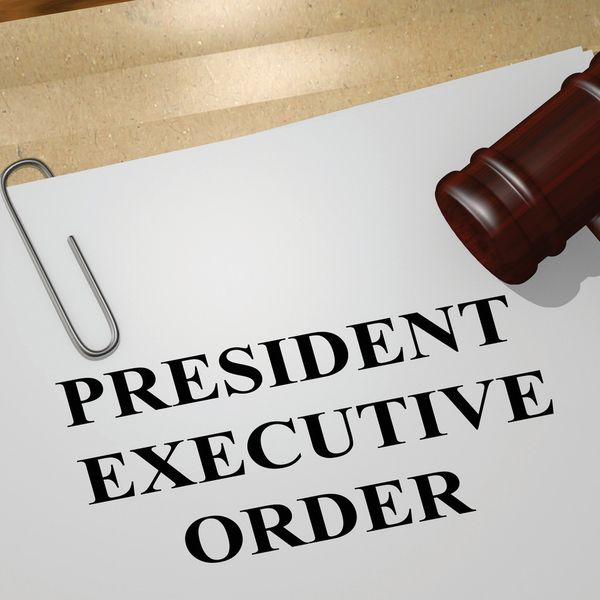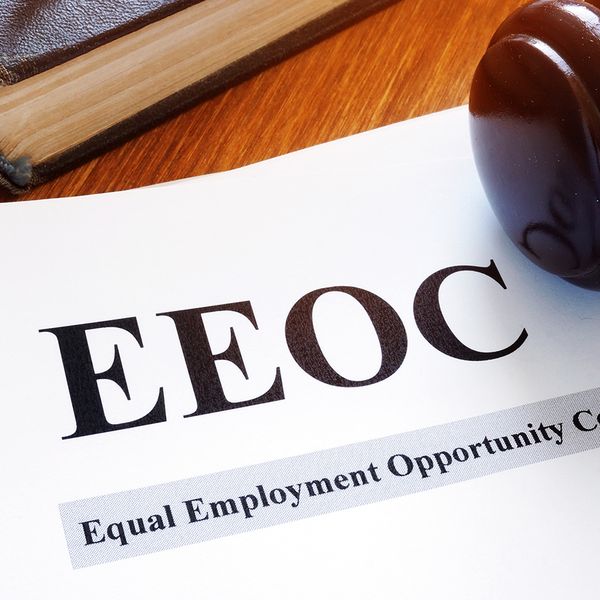Federal Department of Justice weighs in on DEI
A July 29 memo from the federal Department of Justice (DOJ) warned that certain diversity, equity, and inclusion (DEI) policies and programs may violate federal civil rights laws—especially DEI programs that affect hiring, promotions, and training.
This guidance follows up on Executive Orders (EOs) issued by the president in January. Those EOs were titled: “Ending Illegal Discrimination and Restoring Merit-Based Opportunity” and “Ending Radical and Wasteful Government DEI Programs and Preferencing.”
While the DOJ memo addresses federally funded entities, which are the focus of the EOs, it often refers to Title VII of the Civil Rights Act of 1964, the anti-discrimination law which applies to nearly every private employer in the U.S.
According to the DOJ guidance, DEI programs may violate civil rights law when they:
- Use race, sex, or other protected traits to drive decisions
- Segregate individuals by race or sex
- Promote stereotypes or hostile messages
- Retaliate against those who object to potentially discriminatory practices
Practices flagged by the DOJ
The guidance memo from the DOJ gave examples of employer practices that may be illegal including:
- Giving preference to candidates from “underrepresented groups” for hiring or promotion while bypassing qualified candidates who don’t belong to those groups if the preferred “underrepresented groups” are determined based on a protected characteristic, like race, while otherwise qualified candidates who don’t meet this racial criterion are rejected.
- Mandating a minimum number of candidates from specific racial groups, regardless of the applicant pool’s qualifications or availability, rejecting otherwise qualified candidates who don’t meet this racial criterion.
- Favoring vendors based on sex or race.
- Reserving opportunities for specific racial groups such as race-exclusive internships, mentorship programs, or leadership initiatives that reserve spots for specific racial groups.
- Requiring training that promotes stereotypes based on protected traits. Required DEI training must not include statements indicating that all people of a certain race are inherently privileged or training that uses terms such as “toxic masculinity.”
- Separating employees into race-based discussion groups and prohibiting individuals of other races from attending sessions. This includes DEI events or workshops that limit eligibility to individuals who identify with a specific group (e.g., using language like “for underrepresented minorities only” is forbidden).
- Retaliating by taking adverse action (such as firing or demoting) against an employee who speaks out against DEI practices that they believe violate anti-discrimination laws—even if the employer disagrees with the complaint.
What’s the bottom line for employers?
As the DOJ pointed out, workplace discrimination is still illegal. It can be defined as treating, or proposing to treat, a job applicant or employee differently based on a legally protected personal characteristic. At the federal level, this includes age (over 40), race, sex, religion, disability, and national origin. Some cities and states recognize more protected classes, such as marital status, military status, citizenship status, and others.
Employers with a diverse workforce that want people to feel included might be reluctant to continue with a formal DEI program due to the January EOs and this recent DOJ guidance.
Employers should take a careful look at their DEI-related policies and programs and determine whether they’re still acceptable. Promoting respect in the workplace is beneficial and allowed. What the EOs and DOJ guidance are focused on is a belief that employment decisions should be based entirely on “merit” and no group should be receiving “special” treatment.
Key to remember: The DOJ recently weighed in on DEI by issuing guidance listing workplace practices that may be illegal.























































